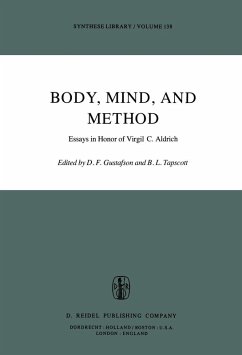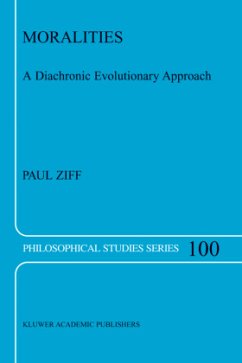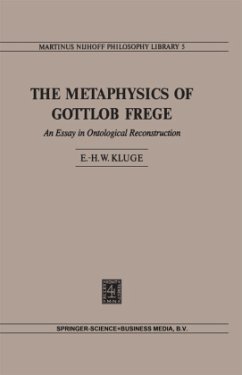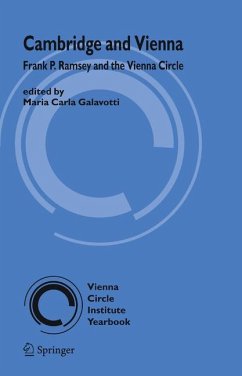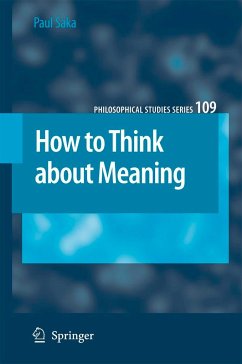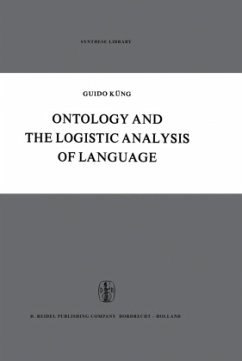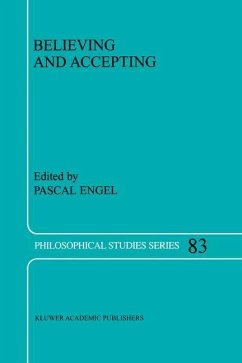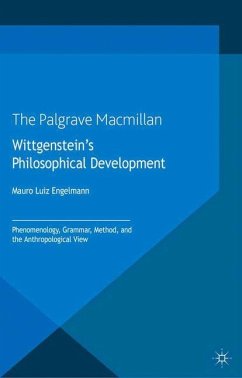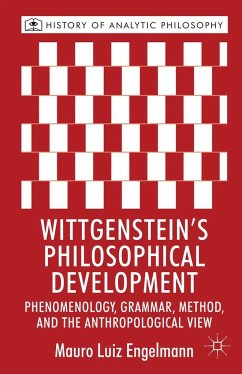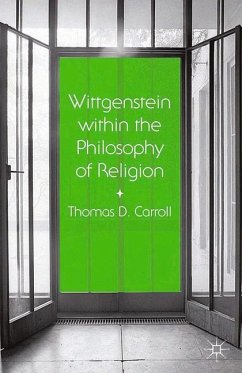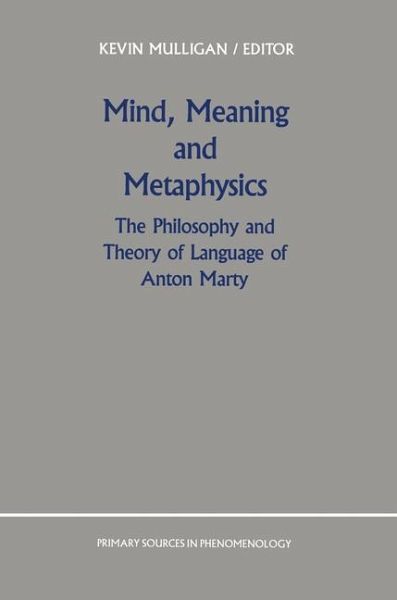
Mind, Meaning and Metaphysics
The Philosophy and Theory of Language of Anton Marty
Herausgegeben: Mulligan, K.

PAYBACK Punkte
84 °P sammeln!
Phenomenology was in large part the discovery of Edmund Husserl, whose Logical Investigations of 1900/01 are normally regarded as the work that launched the phenomenological movement. Yet Husserl's phenomenology, in particular in the form in which it is set out in this his most important contribution to philosophy, is itself part of an Austrian philosophical tradi tion inspired by Brentano and continued, in very different ways, by Meinong, Stumpf, Twardowski, Ehrenfels, Husserl - and Marty. Like Brentano and all his heirs Marty's philosophical interests were in the philosophy of mind, where th...
Phenomenology was in large part the discovery of Edmund Husserl, whose Logical Investigations of 1900/01 are normally regarded as the work that launched the phenomenological movement. Yet Husserl's phenomenology, in particular in the form in which it is set out in this his most important contribution to philosophy, is itself part of an Austrian philosophical tradi tion inspired by Brentano and continued, in very different ways, by Meinong, Stumpf, Twardowski, Ehrenfels, Husserl - and Marty. Like Brentano and all his heirs Marty's philosophical interests were in the philosophy of mind, where this is taken to include or at least ground the philosophy of language, and analytic metaphysics. It is Marty's discussions of topics in these two areas that provide the contributions to this volume with their subject-matter. The papers by Roderick Chisholm, S. -Y. Kuroda, Barry Smith, Peter Simons, Rosaria Egidi, Karl Schuhmann, Elmar Holenstein, Edgar Morscher, Wolf gang Wenning and myself were presented at the 1984 conference on Anton Marty in Fribourg, Switzerland. Our host in Fribourg was Guido Kung, the conference was made possible by the Fritz Thyssen Stiftung. I should like to thank both for their help. Geneva, April 1988 KEVIN MULLIGAN Xl Abbreviations Employed in the Text Anton Marty's two major works, the Untersuchungen and the posthumously published Raum und Zeit are referred to in what follows in the following style. U Untersuchungen zur Grundlegung der allgemeinen Grammatik und Sprachphilosophie, Vol. I (only volume published). Halle a. S.





